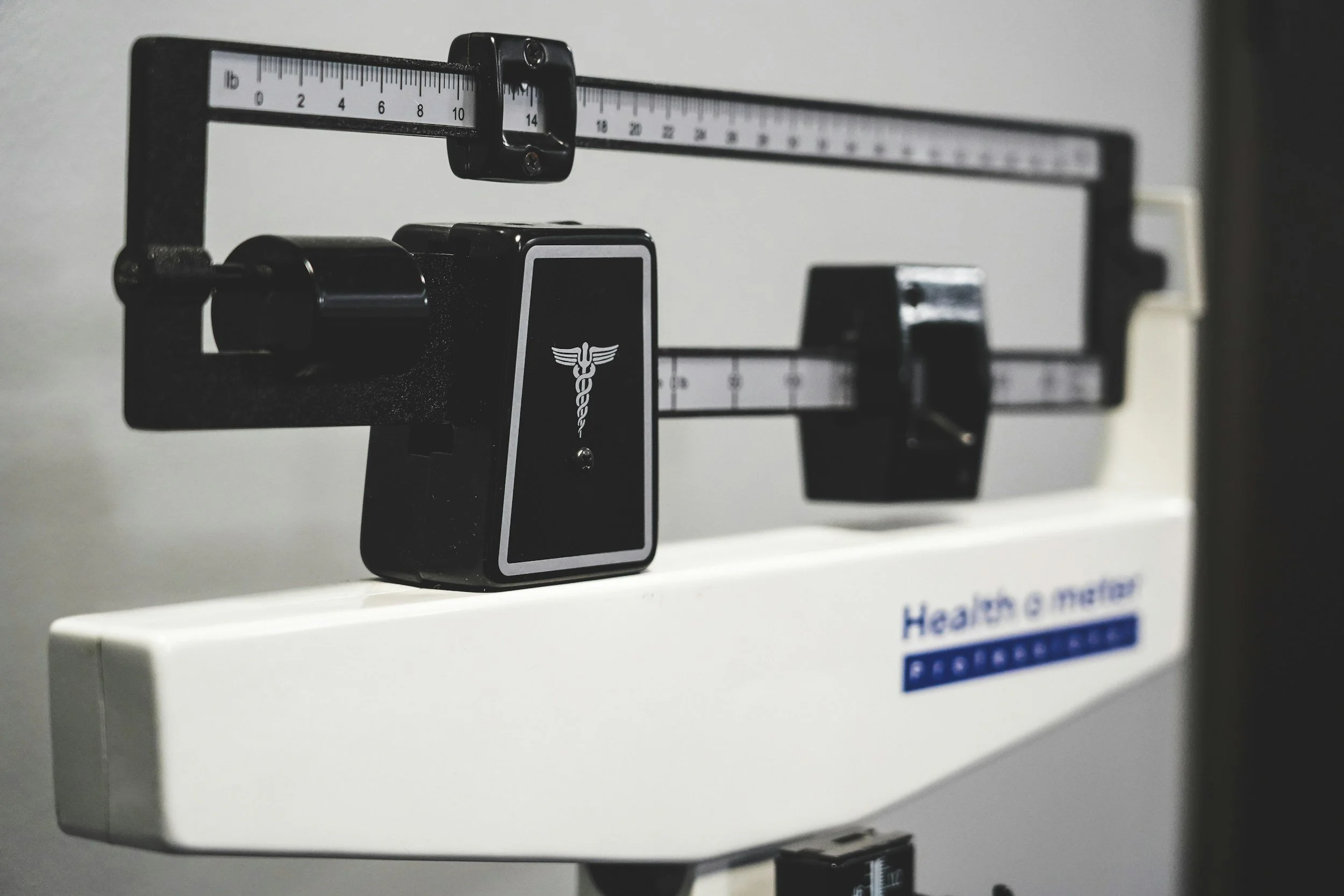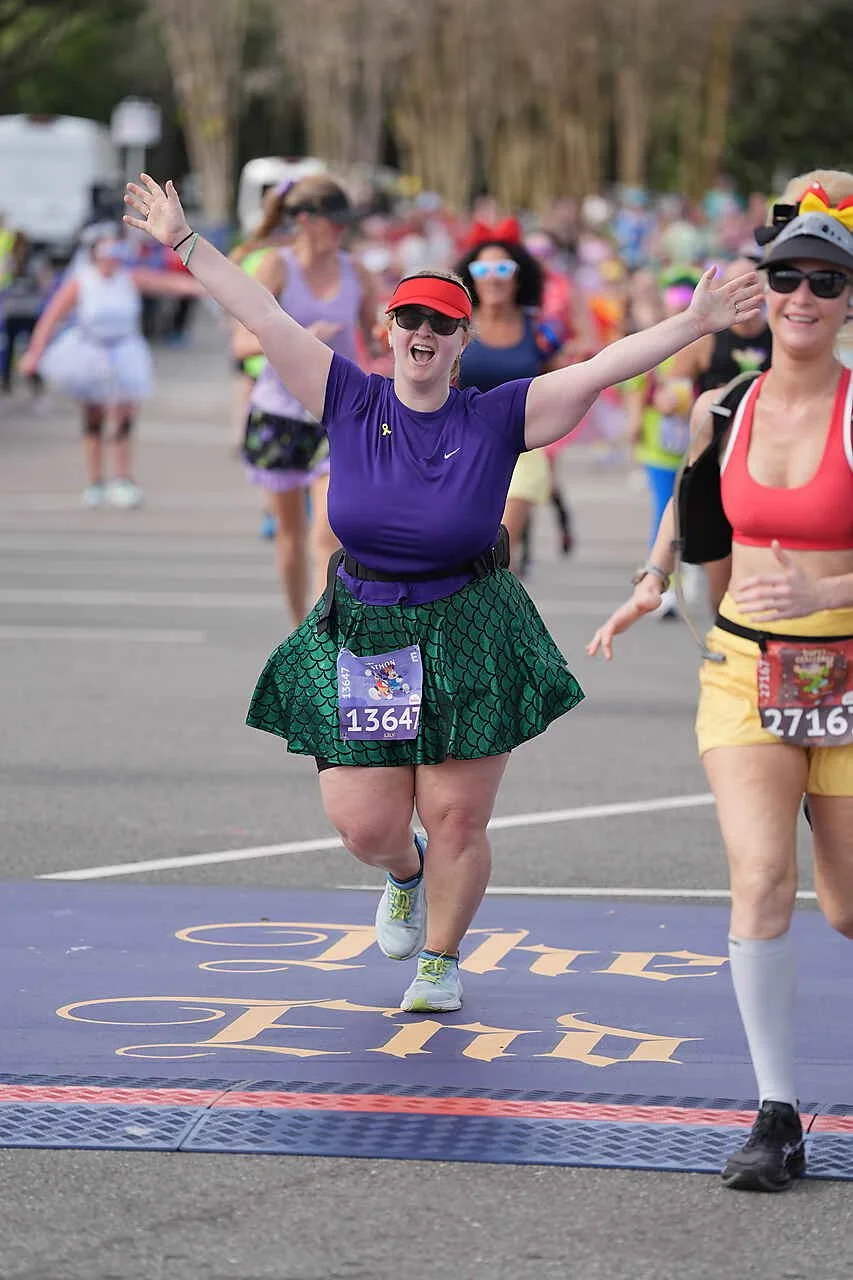Why Support Groups and Safe Spaces Are Essential for Body Image Healing
Why Support Groups and Safe Spaces Are Essential for Body Image Healing
Written by Lily Thrope
Body image healing doesn’t happen in a vacuum. While personal growth is often portrayed as a solo endeavor, the reality is that healing our relationship with our bodies is deeply relational. That’s why support groups and safe spaces play such a powerful and necessary role for anyone working through body image challenges, eating disorder recovery, or even just trying to unlearn the harmful messaging of diet culture.
If you’ve ever felt isolated in your journey, like no one around you understands what it means to reject body shame or work toward body neutrality, you’re not alone. You don’t have to face this alone or do the hard work of recovering alone.
Community: A Crucial Part of the Healing Process
There’s a reason support groups are at the heart of many of the most successful recovery models. Just look at the impact of programs like Alcoholics Anonymous (AA) the structure of healing in community, of sharing stories and being witnessed, is profoundly effective.This peer led group is inspiring and accessible. There is so much to learn from the success of AA.
In the world of body image and eating disorder recovery work, similar principle apply. Being in a room (virtual or physical) with people who understand what you’re going through and who are navigating the same struggles, doubts, and small wins can feel like an exhale after years of holding your breath. Feeling connected to others who are struggling in a similar way to you is really powerful. It helps you feel held in your experiences and less alone. Knowing that others want to show up for you and support you is one of the best feelings in recovery.
When you surround yourself with people on the same journey, something shifts. You realize:
You are not broken.
You are not alone.
Your experience is valid.
Healing is possible.
In a society that often rewards shrinking, dieting, and self-criticism, choosing to step into body acceptance (or even just neutrality) can feel radical. It can also feel incredibly lonely. That’s where support groups and safe spaces come in.
What Makes a Space "Safe"?
A safe space is any environment online or in-person where you are free to show up as you are. It’s a space where your body isn’t up for discussion, where weight loss isn’t glorified, and where the conversations center healing over fixing.
These spaces often include:
Support groups (free or therapist-led)
Peer groups focused on body acceptance or eating disorder recovery
Therapy groups facilitated by mental health professionals
Trusted friendships where diet talk and body shaming are off the table
In these environments, you’re allowed to feel your feelings, celebrate your growth, and be witnessed in your pain. That witnessing is a big deal. It’s one thing to remind yourself that you’re worthy; it’s another to hear it from someone who truly sees you.
How Connection Helps Rewire Body Image
Connecting with others helps dismantle internalized shame. When you hear someone say, “I felt that too,” or “I’m proud of you,” or even just “me too,” it reinforces that your struggle isn’t a personal failing. It’s a shared experience in a society that often profits off self-hate. There are others who struggle in a similar way and you are sitting in a room right next to them.
Healing in community normalizes your experience, helps you feel seen, and accelerates change. You may even begin to speak more kindly to yourself simply because you're practicing kindness with others in the group. Groups can also bring up some difficult emotions you feel towards others. This is great space to practice sharing frustration in a moderated way that can lead to growth. Emotions are real experiences and groups provide a safe space to process any and all emotions including anger which is often demonized in relationships. Anger is actually a really powerful and important tool for change.
Even talking with just one trusted friend, coach, or therapist who holds space for you without judgment can shift how you perceive your body.
Where to Find Support
If you’re unsure where to start, I highly recommend checking out the free support groups offered by the National Alliance for Eating Disorders. They provide virtual and in-person group options that are inclusive, supportive, and expertly facilitated.
At Thrope Therapy we host a montly dinner called Recovery Supper Club. This dinner is for adults in stable recovery from eating disorders and chronic dieting.
We understand that recovery can be a long and often isolating journey. While most treatment programs conclude around the time of weight restoration, the true emotional and psychological work often begins afterward. Navigating a world steeped in diet culture and disordered eating can be challenging, but you don’t have to do it alone. This space is designed to support you, providing connection, community, and a judgment-free environment where you can stay true to your recovery values.
If you’ve been through an eating disorder recovery program and are looking to have a meal with people who get it, or if you’ve always had a good relationship with food and are looking for a like-minded community, Recovery Supper Club is for you! Hosted by two anti-diet and weight inclusive clinicians. Chelsea Levy MS RD, CDN and me, Lily Thrope, LCSW will be your leaders during this fun and social dinner event.
Learn more about Recovery Supper Club and sign up for our next dinner on the website.
Whether you’re navigating recovery from an eating disorder or simply trying to find peace with your reflection, community can be a game-changer. You deserve to be surrounded by people who support your healing and remind you of your inherent worth exactly as you are.
You don’t have to walk the body image healing journey alone. Support groups and safe spaces offer the connection, compassion, and courage needed to face the hardest parts of recovery. When you’re seen, supported, and believed in, everything feels a little more possible.
If you want to learn more about finding support in recovery, consider speaking to a professional. Feel free to reach out to us at Thrope Therapy and schedule your free 15 minute consultation.You can email us with any questions or inquiries at hello@thropetherapy.com. We look forward to hearing from you!




